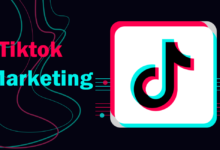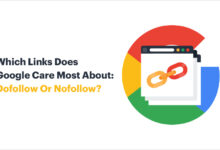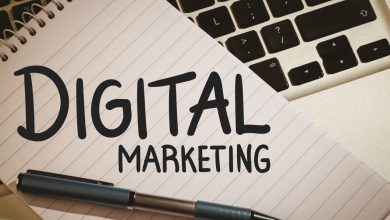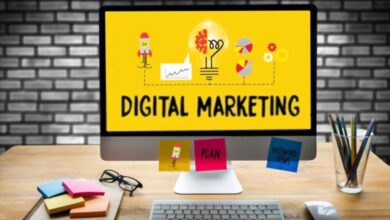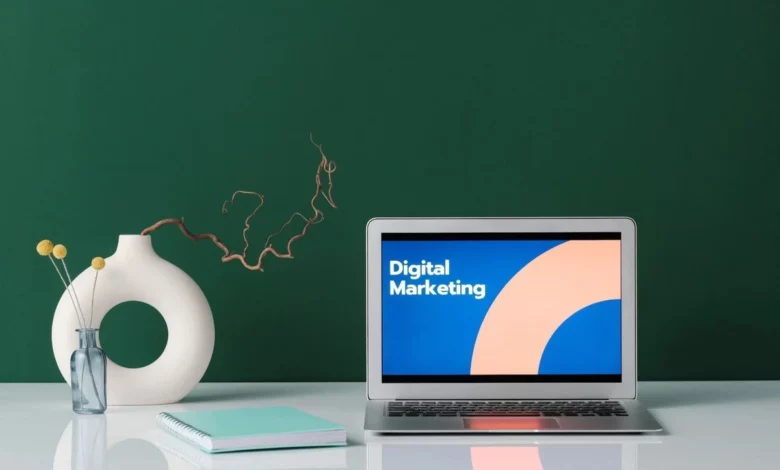
Digital marketing has revolutionized the way businesses reach consumers, and as technology continues to evolve, digital marketing tactics and strategies are becoming more diverse and effective. As many companies shift their focus to digital channels, it is crucial that businesses stay ahead of the curve, test new strategies and find out which ones work best for them. In this blog, you’ll learn the top 12 digital marketing tactics that can bring significant return on investment (ROI) to your business.
Before diving into the tactics, it is essential to understand that not all strategies are created equal. What works for one business may not work for another, and vice versa. Therefore, it is crucial to test different tactics and analyze the data to make informed decisions. Here are 12 tactics that, based on experience and research, have proven to be effective for most businesses and industries.
1. Search Engine Optimization (SEO)
SEO is the process of optimizing your website to rank higher on search engine results pages (SERPs) for specific keywords and phrases. Higher rankings equal more traffic and more sales. It’s a long term strategy that requires patience and continuous effort to produce results, but it is one of the most effective ways to drive organic traffic to your website. In addition, implementing an SEO strategy can lead to better user experiences on your site, which can lead to higher conversions.
To kickstart an SEO strategy, hire in some SEO services to ensure experts in this field give you the most up to date advice on how to succeed in this area.
2. Pay-Per-Click (PPC) Advertising
PPC advertising is a paid search advertising model where advertisers pay each time their ad is clicked. The goal is to drive traffic to your website quickly and efficiently. By bidding on keywords and phrases, advertisers can target specific audiences with relevant ads. It’s an effective strategy for businesses looking to boost traffic and sales quickly.
To get started with PPC advertising, do a webinar or training session to understand exactly how PPC platforms work, and the areas you need to focus on for your specific business.
3. Content Marketing
Content marketing involves creating and sharing valuable and relevant content to attract and retain a clearly defined audience. The goal is to create a relationship with your audience by providing them value and establishing your brand as an authority in your industry. Content marketing includes blog posts, videos, infographics, social media posts, and more. It’s an effective strategy for building brand awareness, generating leads, and increasing customer loyalty.
To start content marketing for your business, develop a content strategy and create content that speaks to your target audience.
4. Social Media Marketing
Social media marketing is the process of promoting your brand, products or services on social media platforms such as Facebook, Instagram, Twitter, LinkedIn, and more. Social media allows businesses to connect with their target audience and build relationships with customers. A strong social media presence can increase brand awareness, drive traffic to your website, and lead to more sales.
To get started with social media marketing, create a presence on the platforms that make sense for your business and develop a content strategy that will appeal to your target audience.
5. Email Marketing
Email marketing is a direct form of marketing that involves sending emails to a list of subscribers. The goal is to build relationships with customers and increase loyalty by providing them with valuable and relevant content and promotions. Email marketing is an effective way of nurturing leads and converting them into customers.
To initiate an email marketing campaign, create a list of subscribers and develop engaging content that resonates with them.
6. Mobile Optimization
With the proliferation of mobile devices, it’s essential that businesses optimize their websites and content for mobile users. A responsive design, fast page load speeds, and mobile friendly content are essential for providing a positive user experience. Google rewards mobile friendly sites with higher rankings, making mobile optimization an integral part of any digital marketing strategy.
To ensure your website is mobile friendly, leverage Google’s mobile friendly test tool and use a responsive design.
7. Conversion Rate Optimization (CRO)
CRO involves optimizing your website and marketing campaigns to increase the percentage of visitors who take a desired action, such as making a purchase. By analyzing user behavior, conducting A/B tests, and making data-driven decisions, businesses can improve their website’s performance and increase conversions. CRO is an ongoing process that can deliver significant ROI.
To get stuck into CRO, audit your website and use tools such as Google Optimize or HotJar to gain a better understanding of user behavior on site.
8. Influencer Marketing
Influencer marketing involves partnering with influential people in your industry to promote your brand, products, or services. Influencers have a loyal following of engaged users who trust them, making them an effective way to reach new audiences. Influencer marketing is especially effective on social media platforms.
To start exploring influencer marketing for your company, create a list of influential figures in your industry and reach out to them.
9. Video Marketing
Video marketing involves creating videos to promote your brand, products, or services. Videos have an engaging and compelling effect on audiences and can generate significant ROI. Video marketing includes promotional videos, how-to videos, product demos, and more.
The first step when getting started with video marketing is to create a video strategy, outlining the types of videos you want to produce and how they fit into your overall marketing plan.
10. Webinars
Webinars are live or pre-recorded events that allow businesses to educate and engage with audiences. Webinars can be used to promote products, educate customers, and generate leads. A well executed webinar can lead to increased engagement, better conversions, and higher sales.
To see if webinars are a good fit for your digital marketing strategy, do some market research with your target audience to find out what kind of webinars would engage them.
11. Chatbots
Chatbots are computer programs that can interact with customers via text or voice. Chatbots can help businesses provide better customer service, automate repetitive tasks, and assist with purchases. Chatbots can improve the customer experience and increase revenue for businesses.
To start exploring the value of chatbots for your business, research the different chatbot platforms available and test them out. Many platforms will offer free trials before you buy.
12. Affiliate Marketing
Affiliate marketing involves partnering with other businesses or individuals to promote your products or services. Commissions are paid to affiliates for each referral or sale they generate. Affiliate marketing can be an effective way to reach new audiences and increase sales without the need for a large advertising budget.
To kickstart the affiliate marketing strand of your digital strategy, create a well defined program that outlines the terms and conditions as well as the commission rates offered to affiliates. Then, reach out to potential affiliates and establish partnerships.
Digital marketing is a continuously evolving field, and it’s essential for businesses to stay ahead of the curve. While these 12 tactics are highly effective, it’s essential to test and analyze results to find what works best for your business. Implementing a comprehensive digital marketing strategy can lead to significant ROI by increasing traffic, generating leads, improving conversions, and building customer loyalty.
